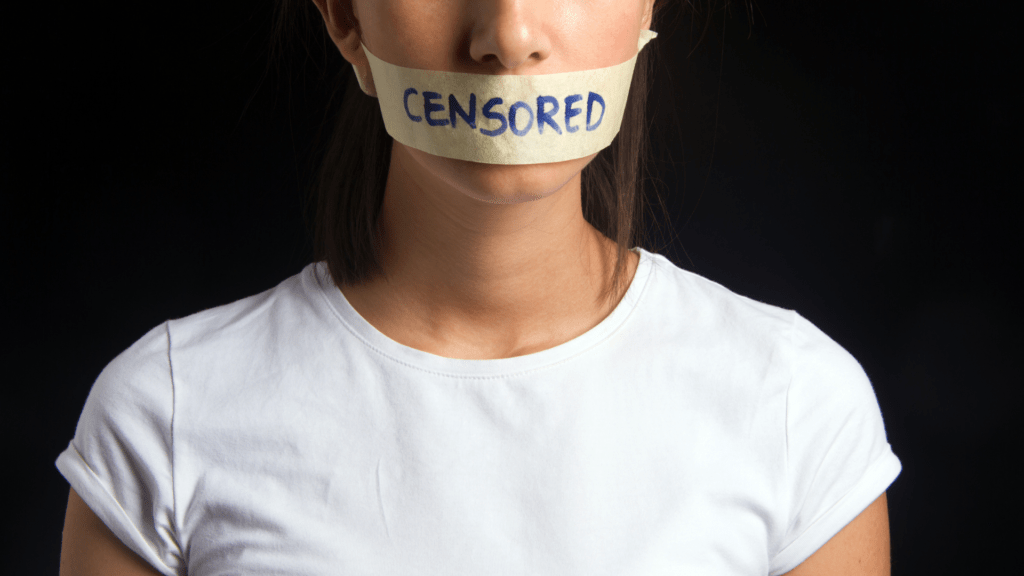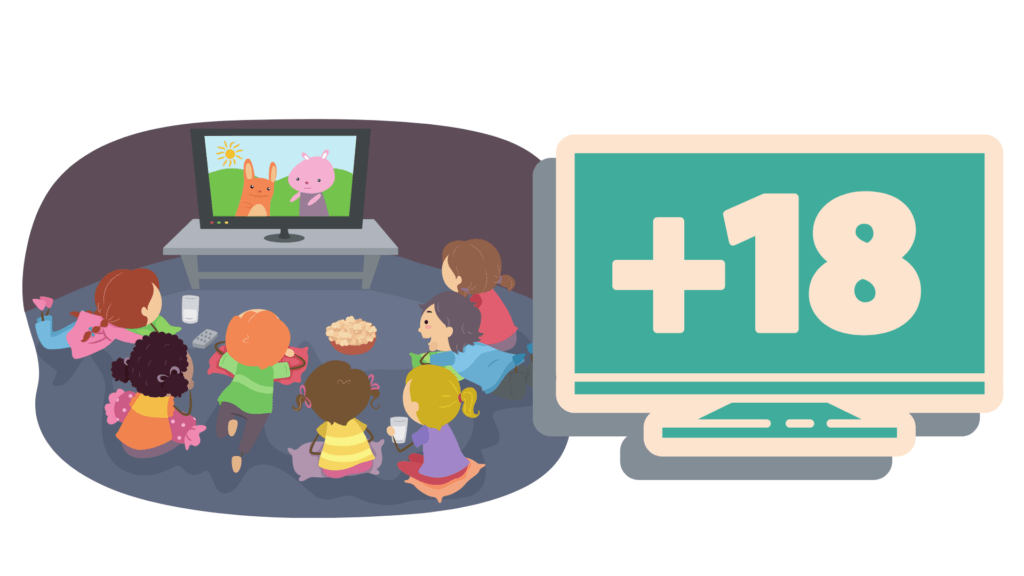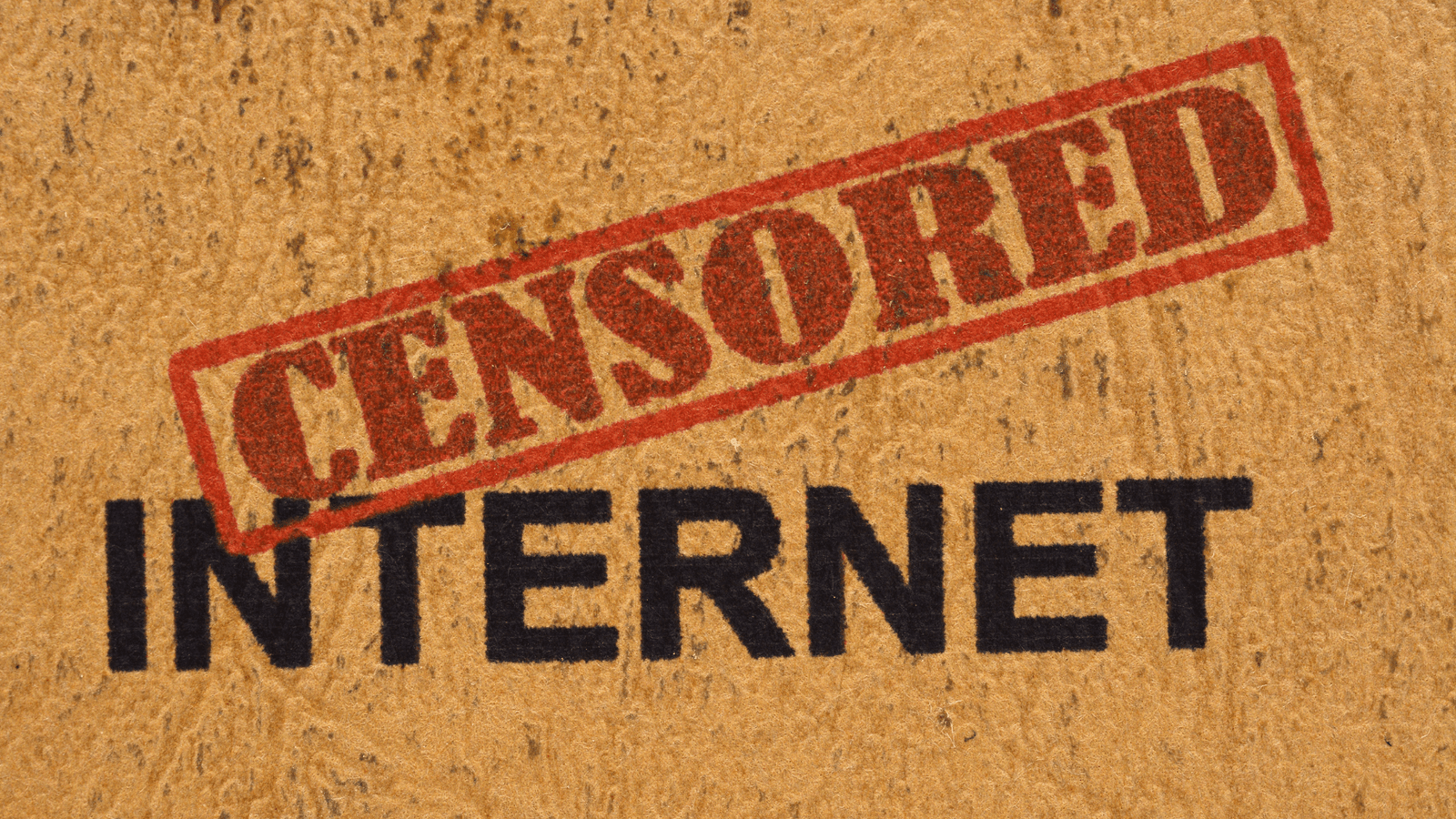Censorship on Social Media = No Freedom?

When it comes to speaking out our minds, is there a limit? Does our freedom of expression end where the rights of others start? How should we manage our responsibilities as free thinkers and speakers? Does censorship protect our right or does it take it away? These are the questions that should be opened up in our minds before opening our mouths.
However, on social media, we often post more answers than questions.
When we talk of freedom of expression, we refer to the inherent rights of people to be vocal. We vocalize our thoughts, views, and opinions, both publicly and privately.
People use their rights as opportunities for self-expression. We voice out our agendas to the world. All of us use this right prevalently in social media.
Over the years, we developed these rights. From just being able to speak out our opinions, we now publicly react to other people’s views.
With this, we express ourselves easier with just a simple click of a button. However, we also step on other people a lot easier. Why? We forget that with great privileges come significant responsibilities.
Our rights to freely express ourselves end at the start of other people’s rights to be respected and protected from unwanted images and topics. Censorship takes over.

Censorship screens the content being made public.
Since not every opinion needs to be shared out loud, not everything should be available to everyone. It may seem like censorship invalidates our freedom of expression. But actually, censorship helps regulate that kind of freedom to be used in a better way.
After all, what is the ultimate purpose of sharing our ideas with the world? Isn’t it about connecting ideas, propagating advocacies, exploring theories, and creating analysis on the different issues that arise in society?
For example, Facebook blocks a person from posting nude or malicious content. Is that a clear violation of that person’s freedom of expression? No, it protects both the person posting it and the audience.

Moreover, we prevent people from posting hateful and inappropriate content. We help not only the viewers. In doing this, we also help the posters themselves. We teach the posters a valuable lesson. These kinds of content should not be made available to the public. That these kinds of content are not okay.
We do not tolerate posts or comments that instigate inappropriate topics. These topics include bullying, child pornography, lascivious content, sexual harassment, and terrorism.

Suppose it isn’t okay to share these kinds of things in public. In that case, it also isn’t okay to share them online, even if the power of anonymity is present.
Say it with me, censorship does not obstruct our rights.
We should stop the people who post these things if they cannot use their privileges properly.
An aspiring adventurist who aims to travel the world someday. Weird and poetic, a great friend for problematic rants and deep talks about life in general. Hit me up on my socials!










